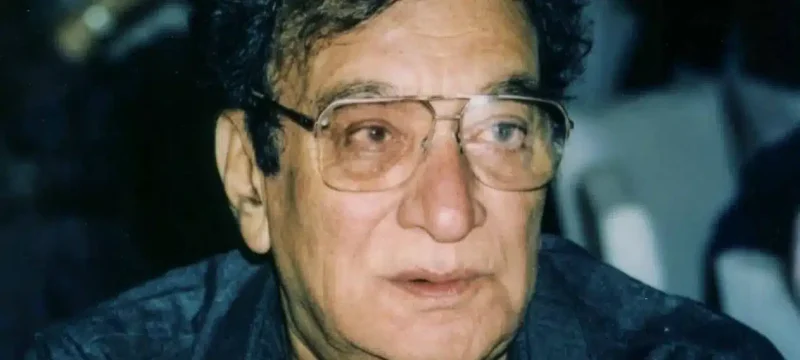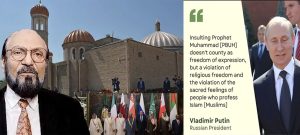On August 25, 2008, Islamabad witnessed the departure of a literary icon, Ahmed Faraz. His poetic expressions infused enduring qualities of resilience, determination, and certainly, romance.
Ahmed Faraz remains a prominent figure among contemporary poets. Born on January 12, 1931, in Kohat, his versatile and impactful verses have left a profound impact. Ranging from the youthful melodies of love to impassioned calls for change, his poetry encompassed a wide spectrum. Holding a Master’s degree in languages including Urdu, Persian, and English Literature, he hailed from the esteemed Sufi lineage of Haji Bahadur. Adopting the pen name Ahmed Faraz, his recognition surged across media platforms. His debut collection, “Tanha Tanha,” emerged during his student years at Peshawar University in the 1960s.
Also Read: Jashn-e-Jaun Elia covers a wide range of genres.
Influenced by literary giants like Mirza Ghalib, Faiz Ahmed Faiz, and Ali Sardar Jaffri, who shared his progressive views, Faraz embarked on his journey. Starting as a scriptwriter for Radio Pakistan, he later became a Urdu educator at Peshawar University. His dynamic personality led him into politics, notably during the era of General Zia-ul-Haq, where he advocated for democracy. His outspoken liberalism resulted in a six-year exile, during which he lived in London, Canada, and Europe.
Ahmed Faraz’s literary contributions were acknowledged with awards such as the Adam Jee Literary Award, Sitara-e-Imtiaz, and Hilal-e-Imtiaz, conferred by the Pakistani government. His accolades spanned from 1950 to 2008, encompassing both national and international recognition, with six foreign awards highlighting his literary stature. His poetic verses transcended into the music of the Sub-Continent, with renowned vocalist Lata Mangeshkar lending her voice to his compositions.





